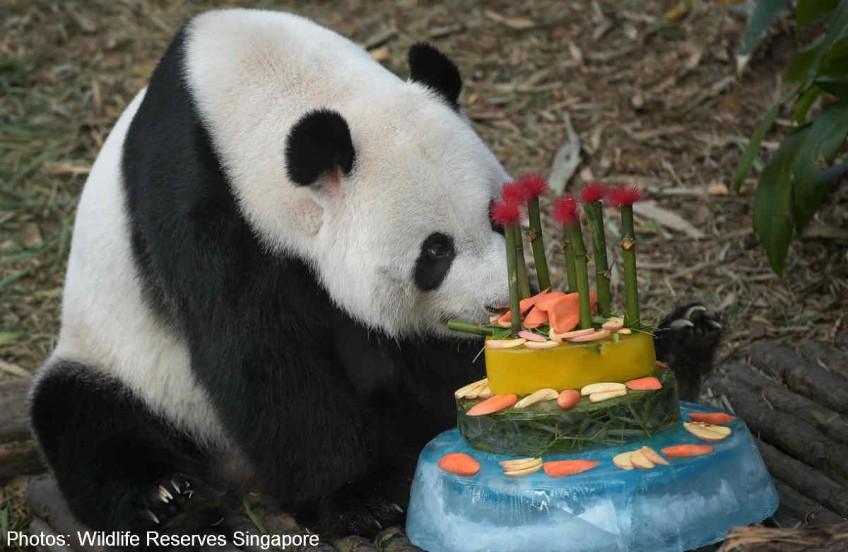New plans for Mandai will be 'sensitive to area'

The new developments at the Mandai area will be sustainable and sensitive to the surrounding area, with an Environmental Impact Assessment to be undertaken to address any impact on the nature reserves and reservoirs.
The Singapore Tourism Board (STB) and the National Parks Board (NParks) said in a joint statement yesterday that the development "should not encroach on the nature reserves and reservoirs".
"Through sensitive design and management, the development could potentially strengthen and enhance the nature reserves," it said. NParks added that views from nature groups will be sought to ensure the sustainable development of the area.
Prime Minister Lee Hsien Loong said during a live television forum on Thursday that leafy Mandai will be transformed with a "bigger, better zoo", and the Jurong Bird Park could be moved to the area, home to the Singapore Zoo, River Safari and Night Safari.
Second Minister for Trade and Industry S. Iswaran said last night that the green groups here are important stakeholders in the development of Mandai. "They will be engaged; (we) already have spoken to some. As the idea develops, there will be more engagement to ensure that some of the key concerns that already have been outlined can be addressed in a fair manner," he said.
In the joint statement, STB said it is "still working out" the development plans for Mandai. It noted the area's potential "to be developed into a precinct of nature-themed attractions for education and recreation, and green public spaces for Singaporeans to enjoy and appreciate nature".
Moving the Bird Park to Mandai would be a win-win situation for the attraction and its neighbours, as such a cluster would be more marketable to tourists, said industry players and experts. A new Bird Park would also create a buzz among Singaporeans for the 43-year-old attraction.
But a cluster could also result in saturation of attractions and increased competition among them, said Dr Guan Chong, marketing lecturer at SIM University's School of Business.
Dr Michael Chiam, Ngee Ann Polytechnic's senior lecturer in tourism, said the problem with the Bird Park is its "isolated location, with no other attractions around to support it". A crocodile farm next door closed in 2006.
A move would allow Wildlife Reserves Singapore (WRS), which runs the four parks, to hold joint promotions and events to draw crowds back to the ailing attraction, said Dr Chiam.
Last year, the Bird Park attracted nearly 800,000 visitors - nearly 14 per cent less than in 2012 and the lowest in at least seven years, according to Singapore Department of Statistics data.
Dynasty Travel "usually omits" the Bird Park from its itinerary in Mandai as it takes 20 to 30 minutes by coach to reach the park from there, said director of marketing communications Alicia Seah. If the Bird Park moves to Mandai, it could be added to the current package under a special price, she added.
Attractions overseas have already found success with this concept. The Darling Harbour area in Sydney has a zoo, aquarium, wax museum and observation tower.
The expansion of the wildlife parks is necessary, said WRS chairman Claire Chiang yesterday. The zoo saw a peak of 15,000 people a day during Chinese New Year. "That kind of crowdedness is not giving us the guest experience," Ms Chiang added.
mellinjm@sph.com.sg
samboh@sph.com.sg
Additional reporting by Melody Zaccheus and Adrian Lim
This article was published on Sept 6 in The Straits Times.
Get a copy of The Straits Times or go to straitstimes.com for more stories.